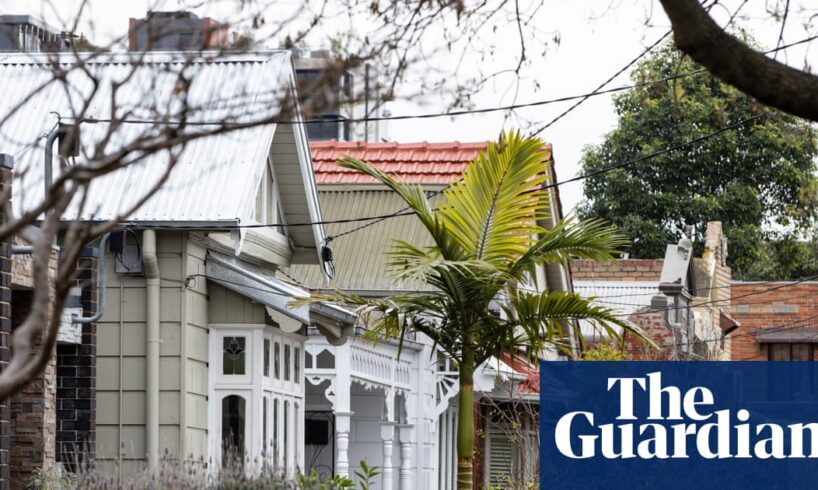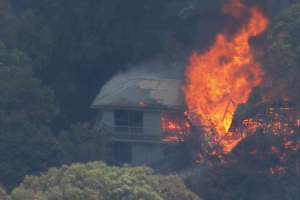
Dozens of Guardian Australia readers have shared their experiences of trying to buy a home in a rising market, as fear-of-missing-out fervour takes hold.
After a short reprieve, property prices have surged to record highs across large parts of Australia, making a family home even more unaffordable for prospective buyers.
One Melbourne reader, a nurse, said she felt like cattle herded from one home open to the next.
“Multiple times I went to inspections of properties I liked, only to be told on the way out that there was already an offer of $30-50k over asking and if I was interested I needed to submit a better offer within a few hours,” said the reader, who eventually secured a property.
“The market was so competitive I felt really rushed into making a decision a lot of the time.”
Auctions are heating up across the country, with six straight weeks of preliminary clearance rates holding above 70%, according to Cotality data, in a clear sign sellers are in control.
Clearance rates refer to the percentage of properties sold at auction compared with the total number of properties listed to go under the hammer, with results above 70% viewed as an indicator of strong buying demand.
Bidding is expected to become even more fierce amid expectations of further interest rate cuts and an enduring lack of supply of homes.
Property prices in Sydney, Brisbane, Adelaide and Perth are at peak levels, while Melbourne, Canberra and Hobart are also rising.
A reader in Western Australia’s south-west said she and her partner bought far from their family and friends in Perth “not because we were seeking a lifestyle change but because we simply couldn’t compete in the city or suburbs any more.
“We went to countless inspections and put in offer after offer, but were repeatedly outbid, ignored by real estate agents or told homes were under offer before we’d even had a chance,” the reader said.
“At the same time, we were grappling with housing instability, facing no-ground evictions and repeated rent increases.”
The couple aged in their early 30s are now so financially stretched with their new mortgage they’ve made the decision not to have children.
“We simply can’t afford to raise a family,” the reader said.
“That’s not something we ever imagined we’d have to sacrifice, but this housing crisis has forced people like us to choose between stability and the future we once hoped for.”
Investor tension
Many readers commented on the presence of investors bidding up prices at auctions.
Over the past five years, investors have increased their share of new home loans from 28% to 37%, according to Australian Bureau of Statistics data.
One Canberra resident said she wanted to buy a home to provide stability for her family after moving between rentals eight times in nine years.
The public servant went to two auctions where the same investor bid up prices, with his teenage son filming.
“I saw the same guy at an open house for the house we purchased and gave him a filthy look of recognition,” said the reader, who was pleased the investor didn’t lodge a bid for her eventual home.
A Melbourne reader said while it wasn’t always possible to identify who he was bidding against, “it was always obvious at auctions who were the first home buyers as they bowed out first”.
Most market watchers attribute the growing influence of investors to favourable tax settings, including the Howard-era decision to halve the rate of capital gains tax.
Those settings are particularly helpful to investors when many prospective first home buyers are being priced out of the market.
Australia’s intense housing problem, whereby Sydney, Adelaide, Melbourne and Brisbane are all in the top 10 least affordable global cities, has a knock-on effect across society, with foster care agencies reporting a fall in the number of applicants given many people can’t afford the time and don’t have the spare room to be a carer.
Some readers have turned to “rent-vesting”, a strategy of renting a home to live in while buying a more affordable property elsewhere, in the hope that capital growth will pay for a future deposit.
A Sydney reader said he and his wife tried to buy a home for 15 years.
“The most frustrating thing was watching our rent, continuously being raised, go to pay someone else’s mortgage,” he said.
“We had to become part of the problem to beat the system. We had to rentvest for five years to accumulate enough equity to pay for our own home.”





